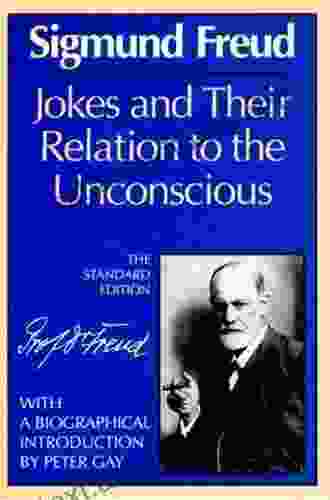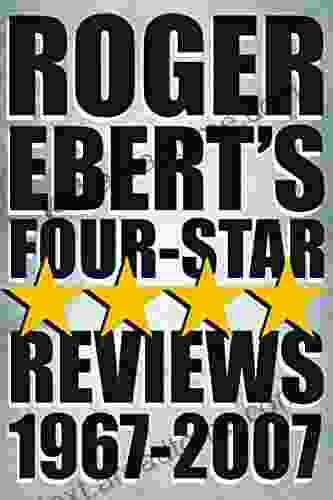Jokes and Their Relation to the Unconscious: Exploring the Invisible Forces that Drive Humor

Laughter, a seemingly trivial act, holds a profound connection to the depths of our psyche. Jokes, the catalysts of laughter, offer a unique window into the unconscious mind, revealing hidden desires, fears, and conflicts.
In his groundbreaking book, "Jokes and Their Relation to the Unconscious," renowned psychoanalyst Sigmund Freud delves into the enigmatic world of humor, uncovering the unconscious mechanisms that underlie jokes and their reception.
4.4 out of 5
| Language | : | English |
| File size | : | 627 KB |
| Text-to-Speech | : | Enabled |
| Screen Reader | : | Supported |
| Enhanced typesetting | : | Enabled |
| Word Wise | : | Enabled |
| Print length | : | 336 pages |
The Role of Repression in Humor
Freud suggests that humor arises from the release of repressed thoughts and feelings. These thoughts, often socially unacceptable or anxiety-provoking, are unconsciously suppressed. However, through the guise of jest, they find an indirect expression.
For example, a joke about a politician's gaffe may allow us to laugh at authority figures, expressing our unconscious resentment or skepticism in a socially acceptable manner.
The Comic as a Defensive Mechanism
Humor can also serve as a defense mechanism against anxiety. When we face threatening situations, our unconscious mind uses humor to deflect or dissipate those anxieties.
A joke about a car accident, for instance, may temporarily relieve us from the fear of driving. By making light of a potentially traumatic event, we gain a sense of control and reduce our anxiety.
The Psychology of Laughter
Laughter itself is a complex physiological response that involves endorphin release and relaxation of muscles. These biological reactions create a sense of well-being and reduce stress levels.
Studies have shown that laughter can boost the immune system, enhance coping mechanisms, and promote social bonding. It is a powerful antidote to stress and a natural healer of the mind and body.
The Cultural Context of Humor
While the basic principles of humor are universal, the specific content of jokes varies significantly across cultures. Social norms, beliefs, and values influence what we find funny.
A joke that relies on a particular cultural reference may elicit laughter in one culture but be met with confusion in another. This highlights the role of culture in shaping our unconscious associations and humor preferences.
The Therapeutic Potential of Humor
In recent years, the therapeutic potential of humor has gained increased recognition. Humor-based interventions have been shown to reduce anxiety before medical procedures, improve mood in people with depression, and promote recovery from trauma.
By tapping into the unconscious mind through humor, therapists can gain valuable insights into their patients' internal struggles and facilitate healing and growth.
"Jokes and Their Relation to the Unconscious" is a seminal work that illuminates the intricate relationship between humor and the human psyche. By exploring the unconscious mechanisms that drive jokes and their reception, Freud has provided a deeper understanding of the human experience.
In a world often filled with stress and anxiety, humor serves as a powerful tool for coping, connecting, and uncovering our hidden selves. By laughing, we access the unconscious and unlock the transformative power of its insights.
4.4 out of 5
| Language | : | English |
| File size | : | 627 KB |
| Text-to-Speech | : | Enabled |
| Screen Reader | : | Supported |
| Enhanced typesetting | : | Enabled |
| Word Wise | : | Enabled |
| Print length | : | 336 pages |
Do you want to contribute by writing guest posts on this blog?
Please contact us and send us a resume of previous articles that you have written.
 Book
Book Novel
Novel Page
Page Chapter
Chapter Text
Text Story
Story Genre
Genre Reader
Reader Library
Library Paperback
Paperback E-book
E-book Magazine
Magazine Newspaper
Newspaper Paragraph
Paragraph Sentence
Sentence Bookmark
Bookmark Shelf
Shelf Glossary
Glossary Bibliography
Bibliography Foreword
Foreword Preface
Preface Synopsis
Synopsis Annotation
Annotation Footnote
Footnote Manuscript
Manuscript Scroll
Scroll Codex
Codex Tome
Tome Bestseller
Bestseller Classics
Classics Library card
Library card Narrative
Narrative Biography
Biography Autobiography
Autobiography Memoir
Memoir Reference
Reference Encyclopedia
Encyclopedia Martin J Packer
Martin J Packer Nicole Masters
Nicole Masters Michael A Singer
Michael A Singer Sri Sailendra Bejoy Dasgupta
Sri Sailendra Bejoy Dasgupta Marina Peters
Marina Peters Melissa Sprouse Browne
Melissa Sprouse Browne Mark Stille
Mark Stille Zari Ballard
Zari Ballard Martha Sterne
Martha Sterne Markus Kammermann
Markus Kammermann Matthew Klein
Matthew Klein Marli Miller
Marli Miller Melissa Standridge
Melissa Standridge Matthieu Ricard
Matthieu Ricard Marvin Gilbert
Marvin Gilbert Victor Regnier
Victor Regnier Thomas Sowell
Thomas Sowell Sam Conniff Allende
Sam Conniff Allende Tamara A Johnson George
Tamara A Johnson George Victor Counted
Victor Counted
Light bulbAdvertise smarter! Our strategic ad space ensures maximum exposure. Reserve your spot today!
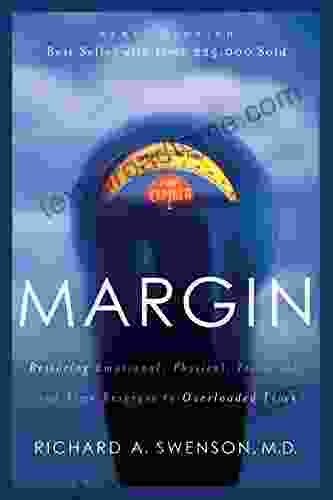
 Connor MitchellRestore Your Reserves: A Guide to Reclaiming Your Well-being in Overloaded...
Connor MitchellRestore Your Reserves: A Guide to Reclaiming Your Well-being in Overloaded... Aleksandr PushkinFollow ·2.6k
Aleksandr PushkinFollow ·2.6k Douglas PowellFollow ·4.4k
Douglas PowellFollow ·4.4k Jackson HayesFollow ·12.1k
Jackson HayesFollow ·12.1k Holden BellFollow ·9.5k
Holden BellFollow ·9.5k Timothy WardFollow ·4k
Timothy WardFollow ·4k Cristian CoxFollow ·14.5k
Cristian CoxFollow ·14.5k Terry PratchettFollow ·10.8k
Terry PratchettFollow ·10.8k Caleb CarterFollow ·7.7k
Caleb CarterFollow ·7.7k
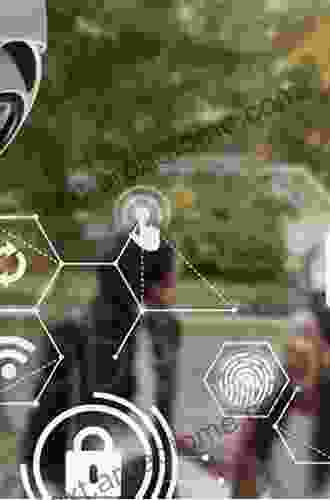
 Ralph Ellison
Ralph EllisonIntelligent Video Surveillance Systems: The Ultimate...
In a world...
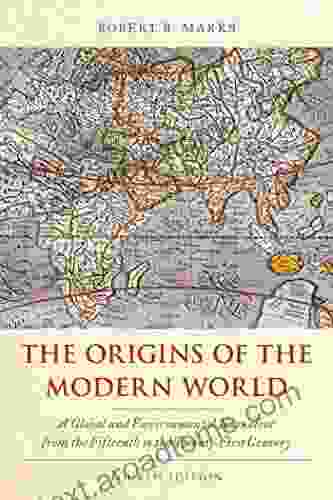
 Jeffrey Cox
Jeffrey CoxThe Origins of the Modern World: A Journey to the Roots...
Embark on an Extraordinary...
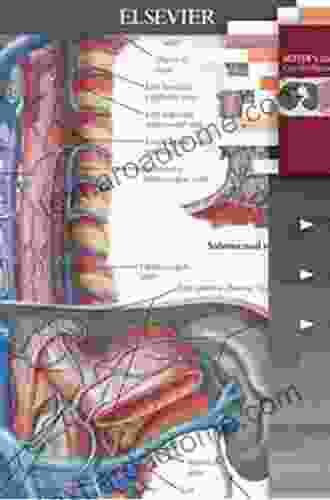
 Paulo Coelho
Paulo CoelhoUnlock the Power of Integrated Medical Imaging with...
In the rapidly evolving...
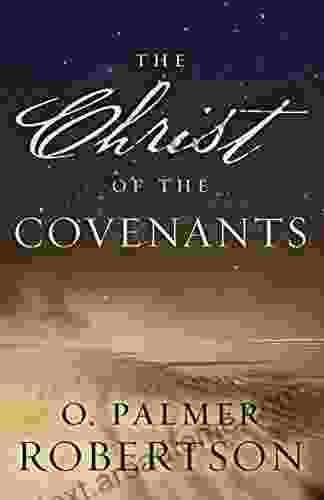
 Charles Reed
Charles ReedThe Christ of the Covenants: Unlocking the Mystery of...
Embark on a Profound...
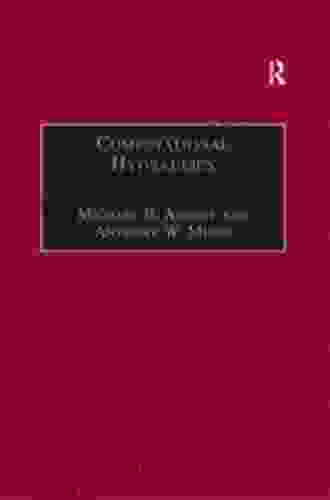
 Elton Hayes
Elton HayesComputational Hydraulics: A Comprehensive Guide for...
In the realm of fluid dynamics,...
4.4 out of 5
| Language | : | English |
| File size | : | 627 KB |
| Text-to-Speech | : | Enabled |
| Screen Reader | : | Supported |
| Enhanced typesetting | : | Enabled |
| Word Wise | : | Enabled |
| Print length | : | 336 pages |


